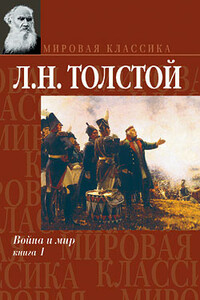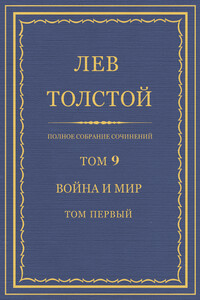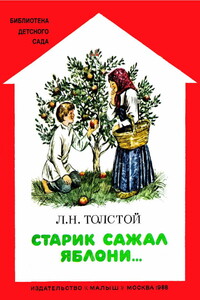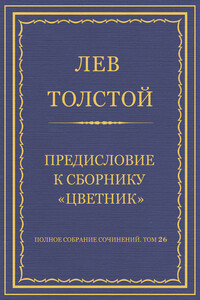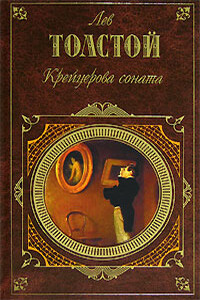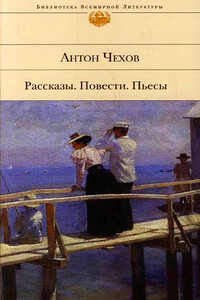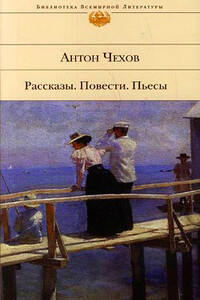| Князь Ипполит перенес ей ридикюль, перешел за нею и, близко придвинув к ней кресло, сел подле нее. |
| Le charmant Hippolyte was surprising by his extraordinary resemblance to his beautiful sister, but yet more by the fact that in spite of this resemblance he was exceedingly ugly. | Le charmant Hippolyte [Очаровательный Ипполит] поражал своим необыкновенным сходством с сестрою-красавицей и еще более тем, что, несмотря на сходство, он был поразительно дурен собой. |
| His features were like his sister's, but while in her case everything was lit up by a joyous, self-satisfied, youthful, and constant smile of animation, and by the wonderful classic beauty of her figure, his face on the contrary was dulled by imbecility and a constant expression of sullen self-confidence, while his body was thin and weak. | Черты его лица были те же, как и у сестры, но у той все освещалось жизнерадостною, самодовольною, молодою, неизменною улыбкой жизни и необычайною, античною красотой тела; у брата, напротив, то же лицо было отуманено идиотизмом и неизменно выражало самоуверенную брюзгливость, а тело было худощаво и слабо. |
| His eyes, nose, and mouth all seemed puckered into a vacant, wearied grimace, and his arms and legs always fell into unnatural positions. | Глаза, нос, рот - все сжималось как будто в одну неопределенную и скучную гримасу, а руки и ноги всегда принимали неестественное положение. |
| "It's not going to be a ghost story?" said he, sitting down beside the princess and hastily adjusting his lorgnette, as if without this instrument he could not begin to speak. | - Ce n'est pas une histoire de revenants? [Это не история о привидениях?] - сказал он, усевшись подле княгини и торопливо пристроив к глазам свой лорнет, как будто без этого инструмента он не мог начать говорить. |
| "Why no, my dear fellow," said the astonished narrator, shrugging his shoulders. | - Mais non, mon cher, [Вовсе нет,] - пожимая плечами, сказал удивленный рассказчик. |
| "Because I hate ghost stories," said Prince Hippolyte in a tone which showed that he only understood the meaning of his words after he had uttered them. | - C'est que je d?teste les histoires de revenants, [Дело в том, что я терпеть не могу историй о привидениях,] - сказал он таким тоном, что видно было, - он сказал эти слова, а потом уже понял, что они значили. |
| He spoke with such self-confidence that his hearers could not be sure whether what he said was very witty or very stupid. |

